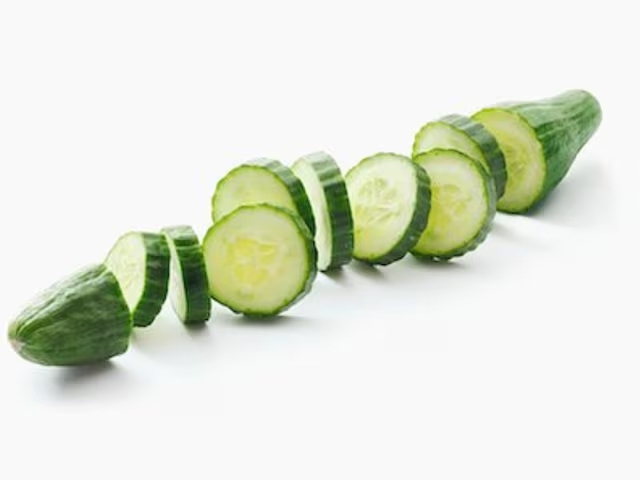The summer season and the heat are rather oppressive. The temperature may soar above 40 degrees Celsius Celsius. Among the prevalent health concerns during this season, dehydration is one of the most common issues. Consequently, individuals may experience symptoms like dizziness, fatigue and overall tiredness throughout the day.
Therefore, it is imperative during this season to pay close attention to one’s diet and incorporate foods that help prevent dehydration-
- Watermelon-This is an extremely nutritious and hydrating food. Because of their high water content, watermelons have a low-calorie density. That means that a huge serving of watermelon contains very few calories while keeping your body hydrated. You may incorporate watermelon into your diet by eating it as a refreshing snack or side dish. It is also frequently used to prepare salads.
- Cucumber- This is another excellent way to stay hydrated because it contains a high water content and can relieve your thirst. You might store a few slices soaked in water to create your own detox drink. Cucumbers are easy to integrate into your diet. They are typically used in salads and sandwiches but they can also be found in cooked foods such as stir-fries and soups.
- Milk- A glass of milk contains fluids, protein, carbohydrates, and fat, which can be effective in staying healthy during the warm months. Furthermore, it is an excellent choice for rehydrating your body as well. If you have a poor appetite or feel sick, milk is a decent option. Drink it cold if you’re feeling very hot, or use it to replace calories and water after an exercise.
- Yoghurt- Plain yoghurt has a high amount of water and nutrients, which can benefit your health in a variety of ways. To get the most out of yoghurt, choose plain over flavoured types. This is because flavoured yoghurt is usually high in unhealthy added sugars, which can harm the body. Consume a bowl after lunch or for breakfast to reap benefits.
- Tomatoes- Tomatoes have a good nutritional profile, containing a substantial number of vitamins and minerals. This is very common in Indian households and is best eaten raw. Toss some juicy, red slices into your salad or eat them raw with a sprinkle of pepper and sea salt.


